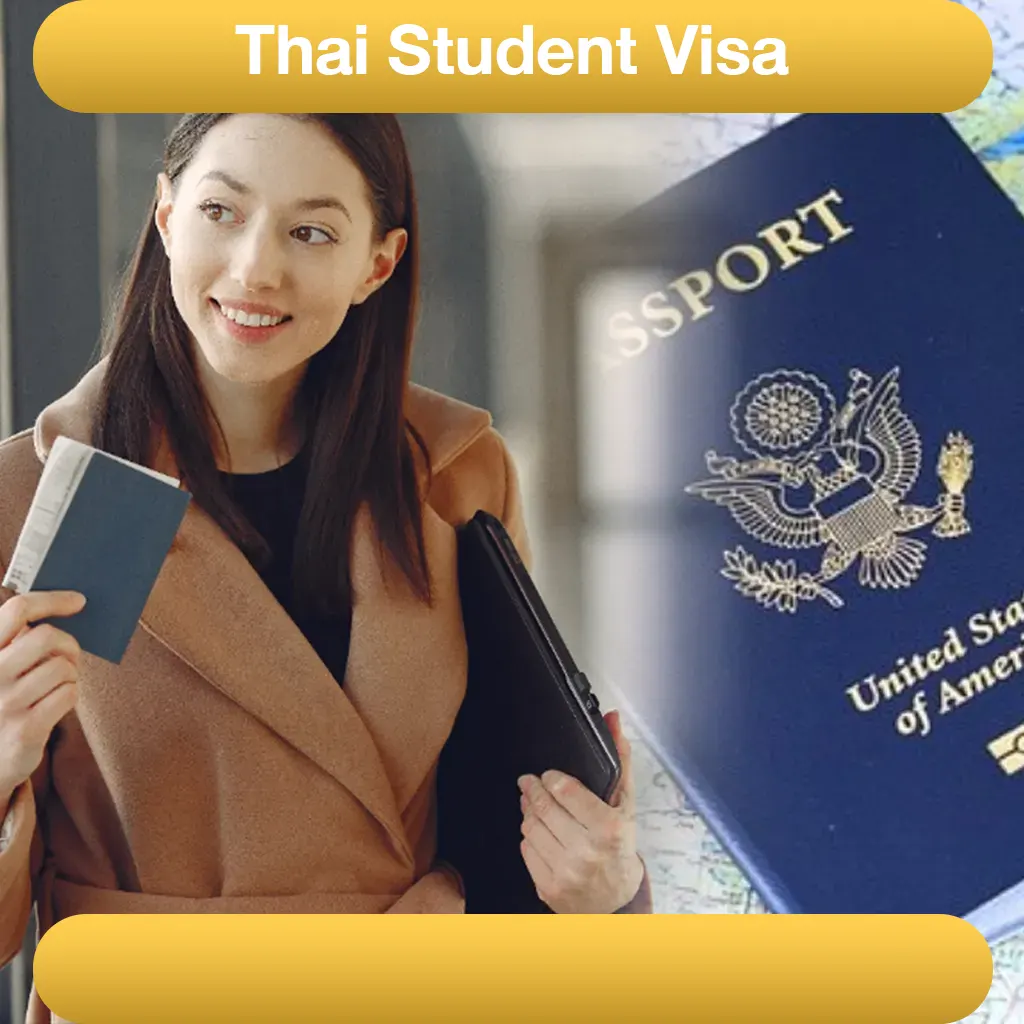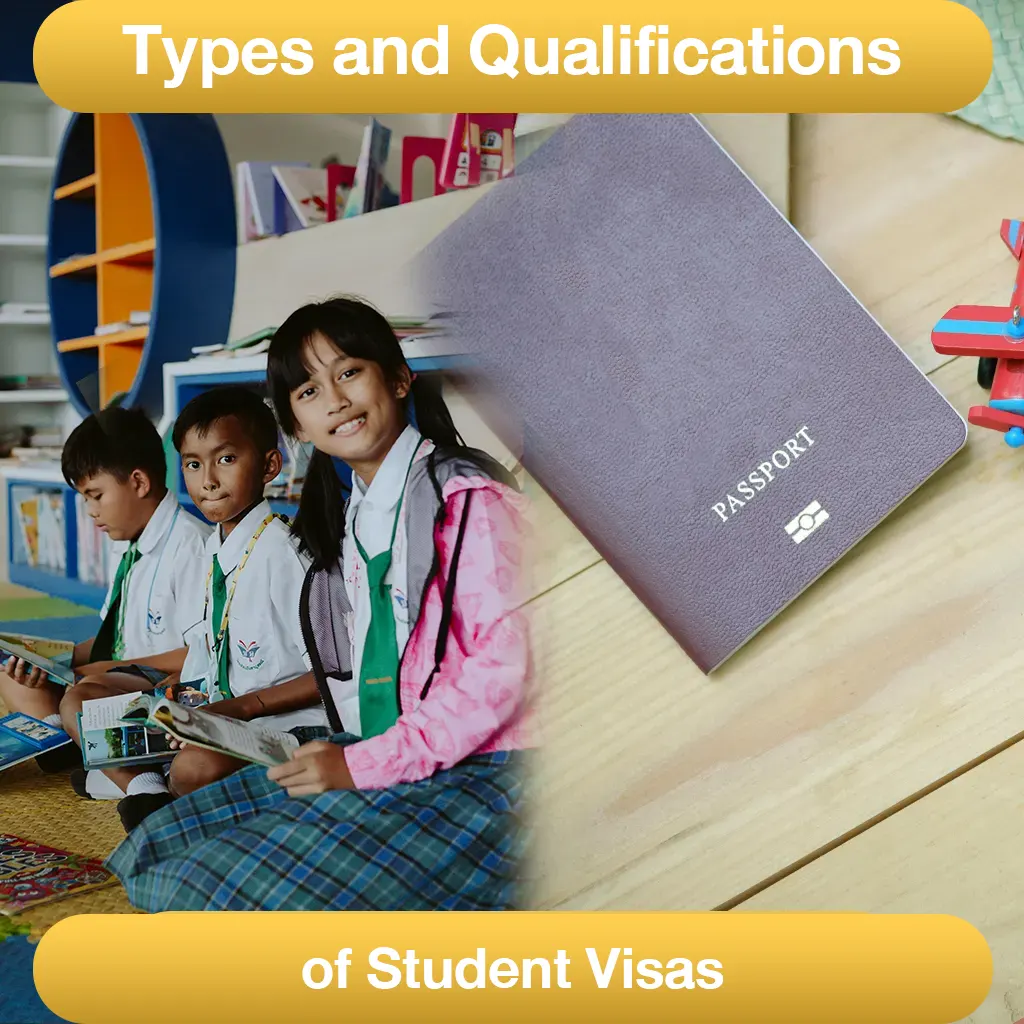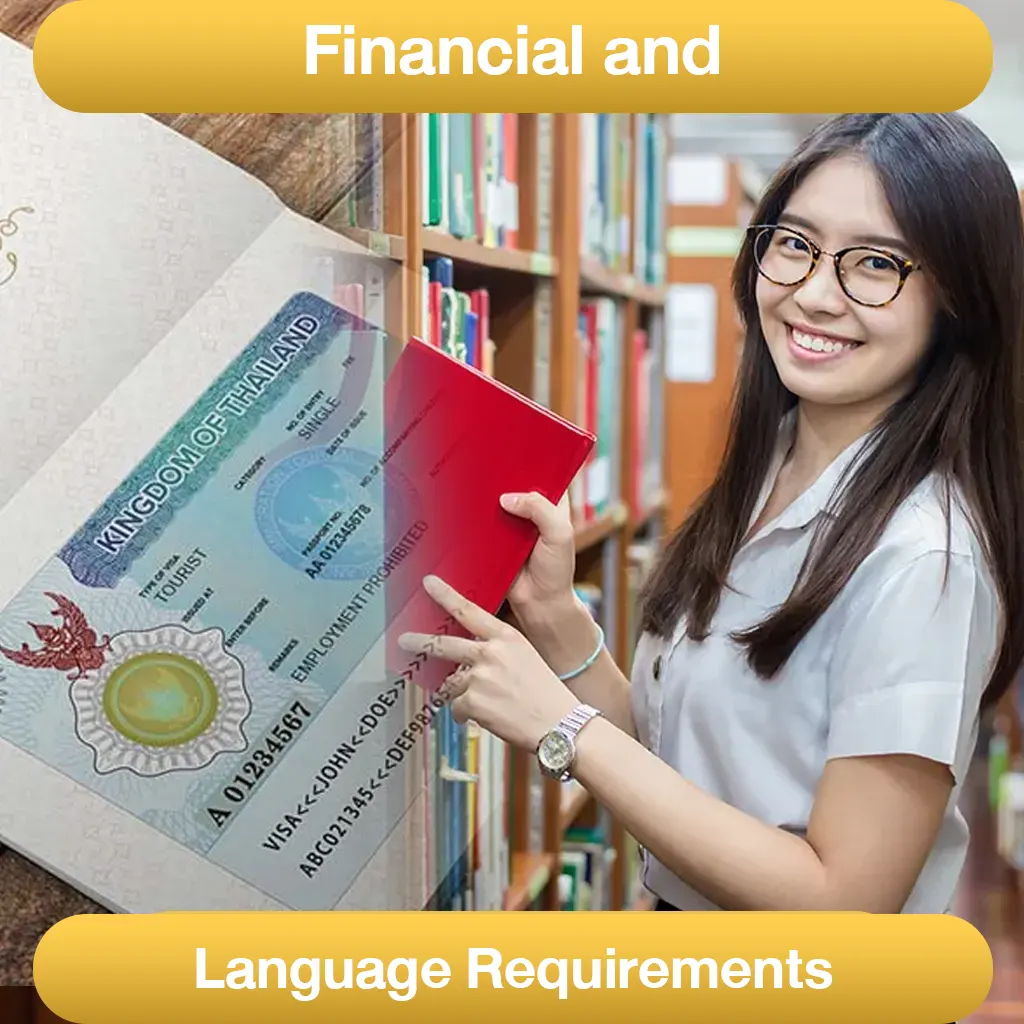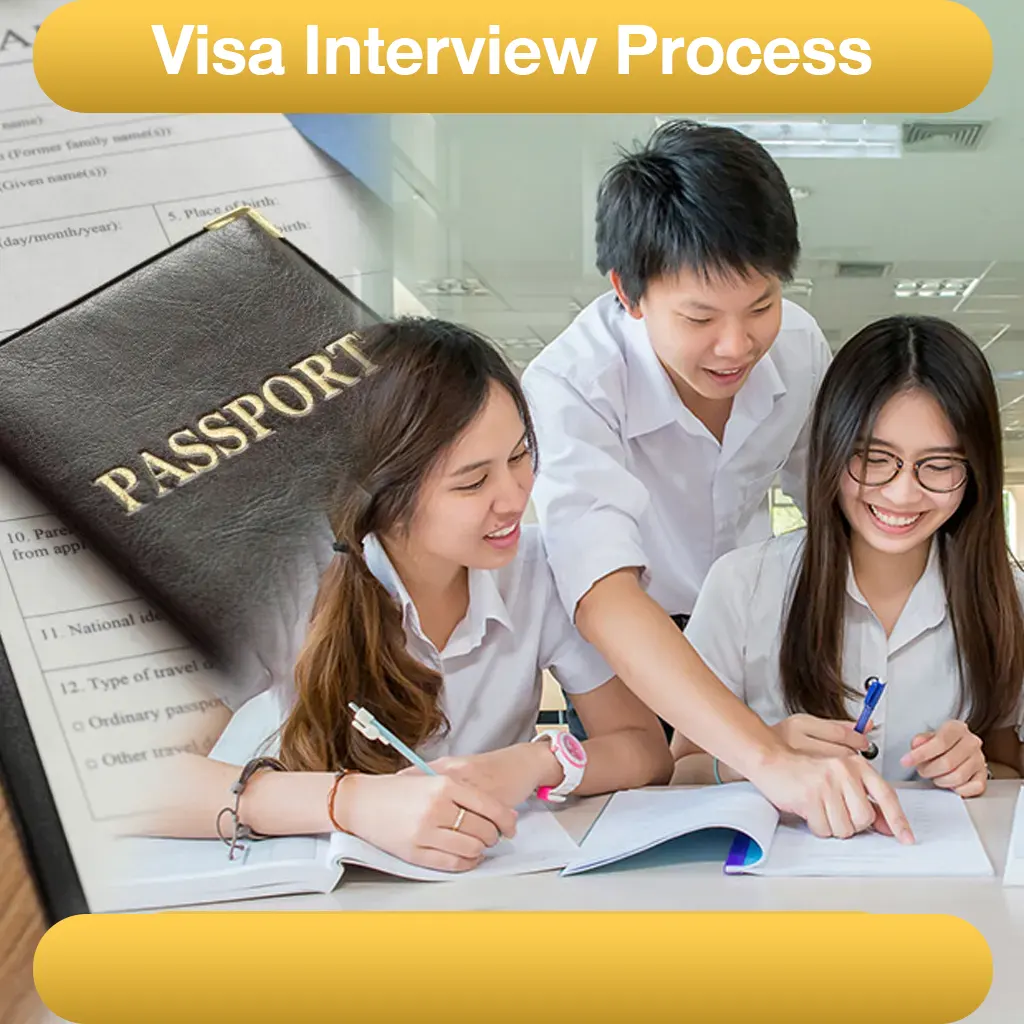Studying abroad is a dream for many Thai students. However, before embarking on this educational journey, one crucial step is obtaining a student visa. Each country has different requirements and conditions. This article will guide you through all essential steps regarding Thai student visas, from preparation and document submission to living abroad during your studies, helping you plan your education journey smoothly.
Types and Qualifications of Student Visas
Student visas are specifically designed for those wanting to study abroad. Each country has different systems and requirements according to government policies. Understanding the differences between student visas and tourist visas is a crucial step in planning your education abroad.
When applying for a student visa, applicants must consider various factors, including study duration, education level, and qualification requirements. Good preparation and thorough understanding of requirements will increase the chances of visa approval.
Visa Types by Duration
Short-term programs and long-term academic pursuits require different visa categories to accommodate varying study periods. Understanding these distinctions helps in selecting the appropriate visa type for your educational goals.
- Short-term visas: For 3-6 month programs such as language courses or specialized training
- Long-term visas: For bachelor’s, master’s, and doctoral programs, typically 1-4 years or longer
Visa Types by Education Level
Educational institutions worldwide offer various levels of study, each requiring specific visa categories. The visa type must match your intended level of education to ensure compliance with immigration regulations.
- Secondary school student visas: For high school education
- University student visas: For undergraduate and graduate studies
Classifications by Education Level and Duration
The classification of visas by education level is important as each level has different requirements and conditions. Embassies primarily consider the education level and program duration to determine the appropriate visa type.
Additionally, visa duration affects various benefits such as part-time work permissions during study, post-graduation stay options, or opportunities to change visa status in the future.
Financial and Language Requirements
Financial qualification is one of the crucial factors embassies consider when issuing visas. Applicants must show sufficient financial evidence to cover tuition fees and living expenses throughout their study period, with clear and verifiable funding sources.
Regarding language skills, applicants must demonstrate proficiency through recognized standardized tests such as IELTS, TOEFL, or other language tests as required by each country. Scores must meet minimum requirements set by both educational institutions and embassies.
Documents and Visa Application Process
The visa application process requires careful attention to detail and thorough preparation. Success often depends on submitting complete and accurate documentation that meets all embassy requirements.
The student visa application involves multiple steps, from receiving acceptance letters from educational institutions to preparing supporting documents and attending visa interviews. Each step is important and must be completed in the correct order.
Essential documents form the foundation of your visa application. Each document plays a crucial role in demonstrating your eligibility and readiness to study abroad:
- Passport with at least 6 months validity
- Acceptance Letter from the educational institution
- Financial evidence such as 6 months of bank statements
- Health insurance as required by the embassy
Supporting documentation helps strengthen your application and provides a comprehensive picture of your background and intentions:
- Educational background and academic transcripts
- Language test scores meeting required criteria
- Study plan and future goals
- Family relationship evidence
Important Documents and Certification
Document preparation requires meticulous attention to detail and adherence to official requirements. Each embassy has specific standards for document certification and translation that must be strictly followed.
All documents should be prepared in both original and copy forms, with proper certification as required by the embassy. Documents should be organized systematically and easy to verify, demonstrating readiness and seriousness in the visa application.
Visa Interview Process
The visa interview represents a critical opportunity to demonstrate your commitment to studying abroad. This face-to-face interaction allows embassy officials to assess your preparedness and sincerity directly.
During the interview, applicants should answer questions honestly and demonstrate clear study plans, including understanding of their chosen program and future goals. Good preparation will increase the chances of visa approval.
Life and Regulations During Study
Studying abroad encompasses more than academic pursuits; it requires adapting to new environments and following local regulations. Understanding and complying with these requirements ensures a successful educational experience.
Success in your study abroad journey depends on maintaining proper visa status and following all applicable rules. This includes academic performance, attendance requirements, and compliance with local regulations.
Key guidelines to follow during your studies help ensure compliance with visa requirements:
- Maintain required academic performance
- Attend classes regularly as required by the program
- Report changes in address or personal information
Important precautions to maintain valid visa status protect your legal standing in the host country:
- Do not exceed permitted work hours
- Do not violate local laws
- Maintain valid health insurance throughout the stay
Part-time Work Regulations
Working part-time while studying requires careful attention to legal requirements and restrictions. Each country maintains specific regulations governing student employment to ensure academic priorities remain primary.
Students must recognize that part-time work is a privilege that comes with responsibilities. Violating work regulations can affect visa status and studies, so it’s important to understand and strictly follow the requirements.
Visa Renewal and Embassy Reporting
Regular communication with embassy authorities and timely visa renewals are essential responsibilities of international students. Proper planning and documentation help maintain legal status throughout your studies.
Maintaining good relations with the embassy and following reporting requirements will help ensure a smooth study experience abroad. Students should note important deadlines and take action in advance to avoid potential problems.


 ไทย
ไทย


